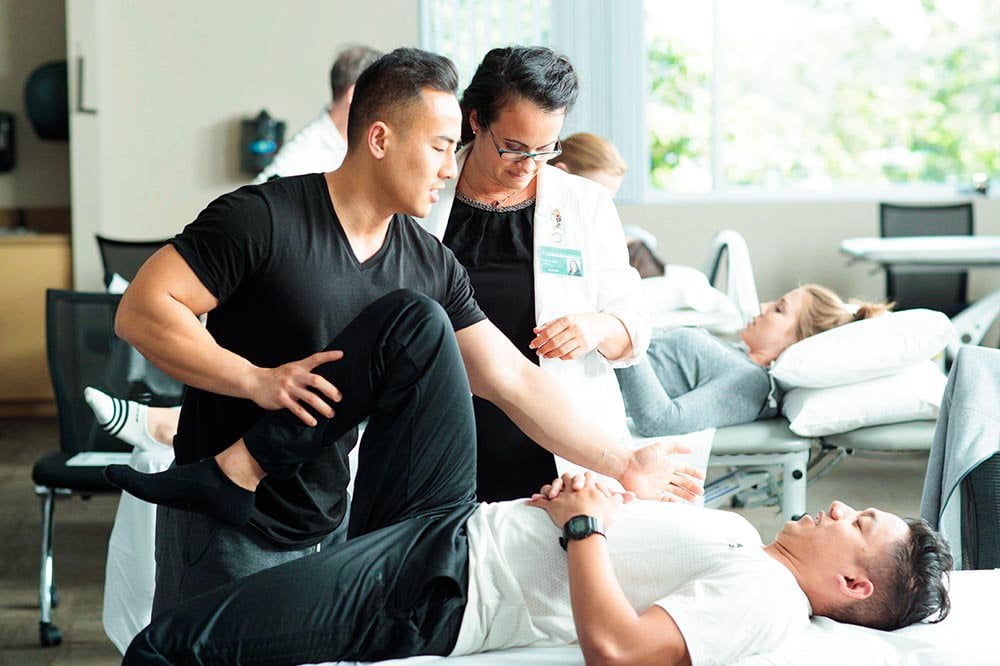Improving Rehabilitation Results Through Efficient Practical Movement Assessment Protocols
Improving Rehabilitation Results Through Efficient Practical Movement Assessment Protocols
Blog Article
Functional Movement Screening (FMS) is a beneficial tool used to assess an person's movement patterns. This screening aids determine any deficiencies or discrepancies in the musculoskeletal system, which can result to injuries if not corrected. In rehabilitation settings, FMS can serve a crucial role in enhancing recovery results. By understanding how each person navigates, healthcare professionals can design focused recovery plans that concentrate on improving strength, mobility, and general performance.
One of the key advantages of using FMS in rehabilitation is its capability to identify particular areas that need enhancement. For example, if a client struggles with squatting or lunge movements, it may indicate a lack of mobility in their hip joints or ankles. This information allows therapists to formulate customized exercise programs that emphasize addressing these shortcomings. As a consequence, patients are more likely to regain their power and ability, which is essential for resuming to daily activities or sports.
Implementing effective FMS procedures can also help avoid future harm. Many injuries occur due to poor movement patterns or overuse of certain muscular clusters. By evaluating individuals before they begin a rehabilitation plan, therapists can identify hazards and establish approaches to reduce them. Educating patients about proper movement patterns and enhancing underdeveloped areas can lead to long-term advantages, ensuring that they remain engaged and fit.
Additionally, the use of FMS can improve dialogue between healthcare professionals and patients. When clients see their movement mechanics evaluated and clarified, they gain a clearer comprehension of their rehabilitation process. This clarity fosters confidence check out this site and encourages patients to take an active role in their rehabilitation. By involving patients in their rehabilitation journey, they are more likely to adhere to prescribed activities and lifestyle adjustments that promote better results.
In conclusion, enhancing rehabilitation outcomes through efficient operational mobility assessment procedures is essential for both clients and healthcare providers. By precisely evaluating movement mechanics, clinicians can develop customized rehabilitation programs that address specific requirements. see here now This not only facilitates in recovery but also assists avoid future injuries. As patients become more involved in their recovery journey, they are likely to attain their objectives and maintain a fit, engaged lifestyle.